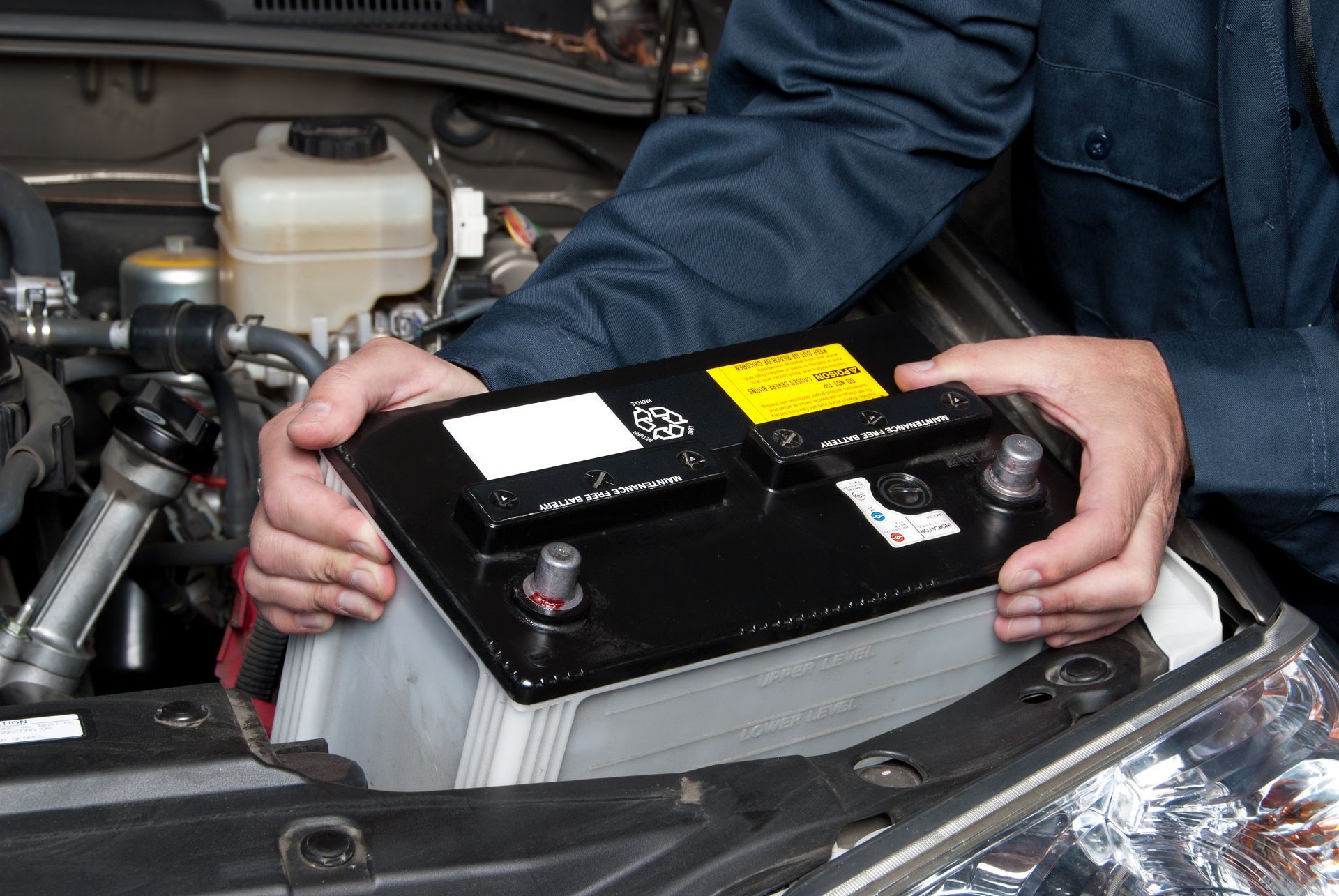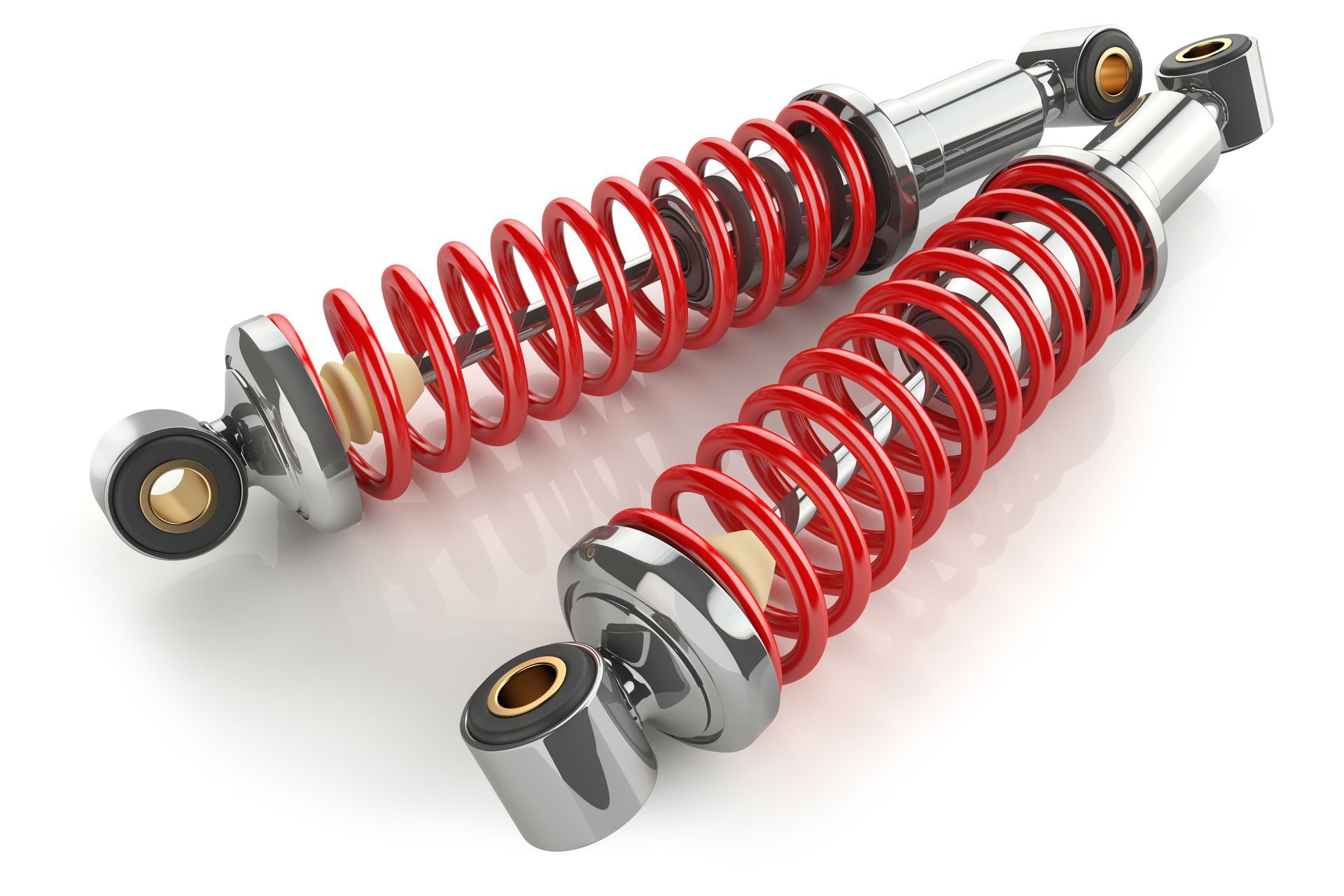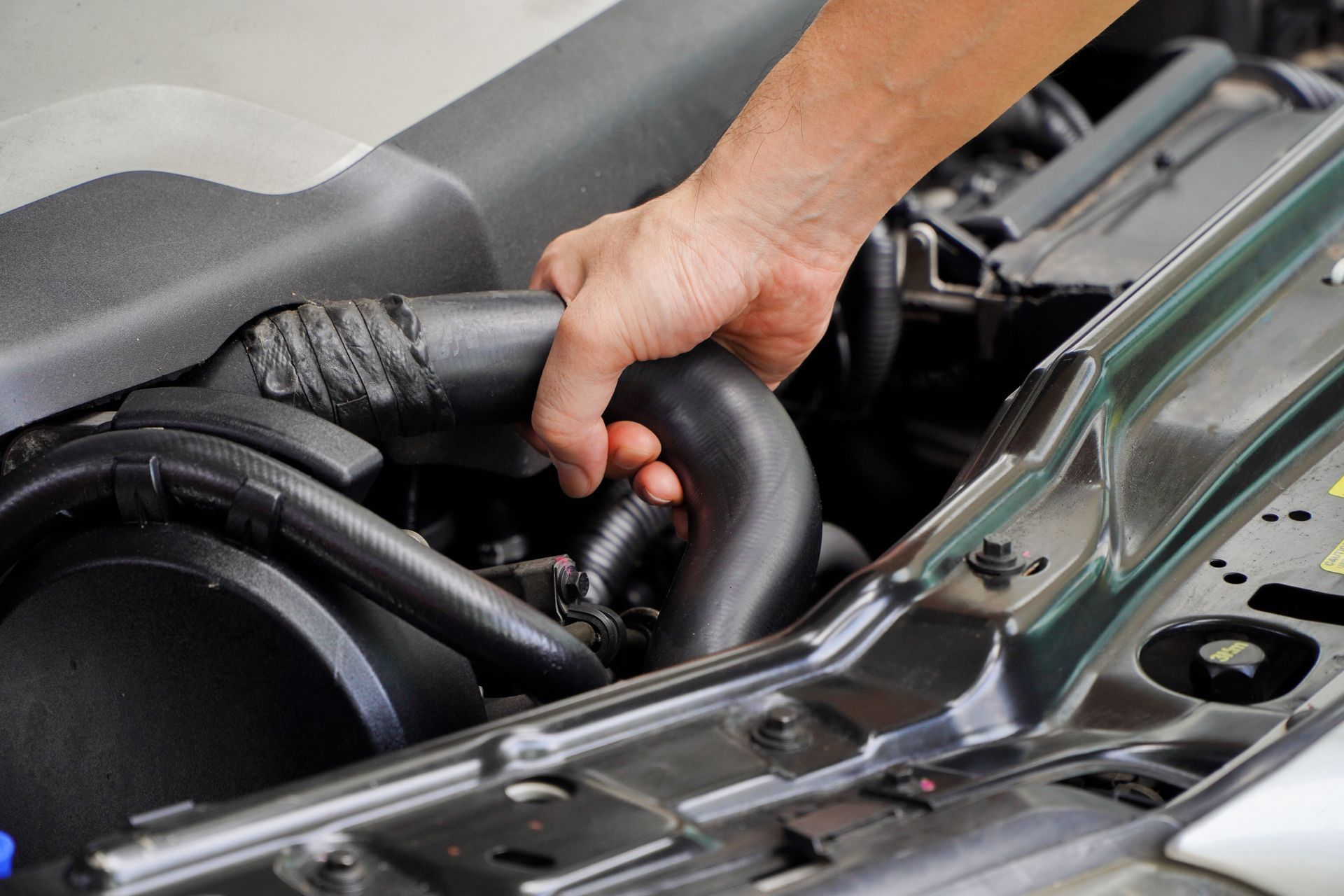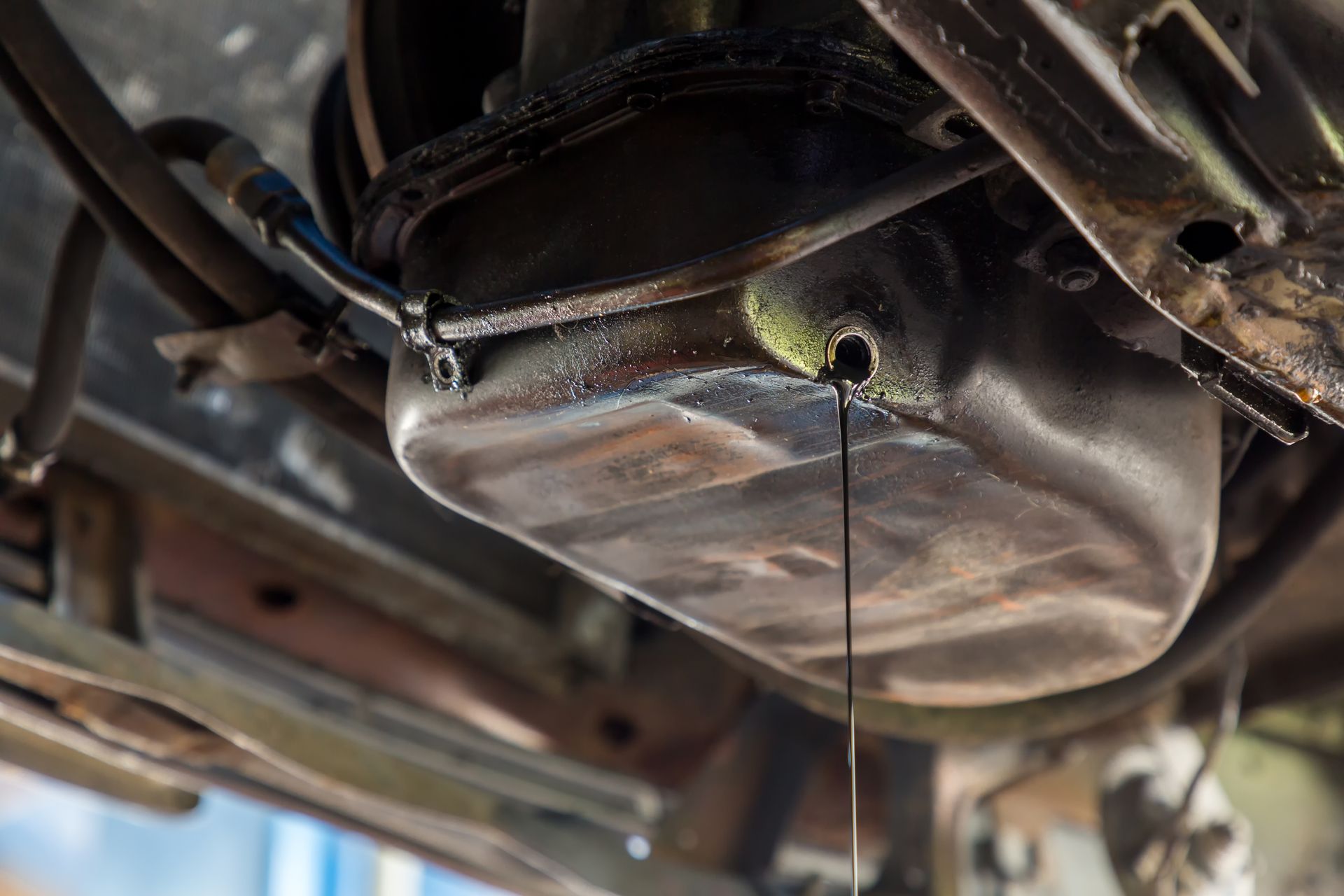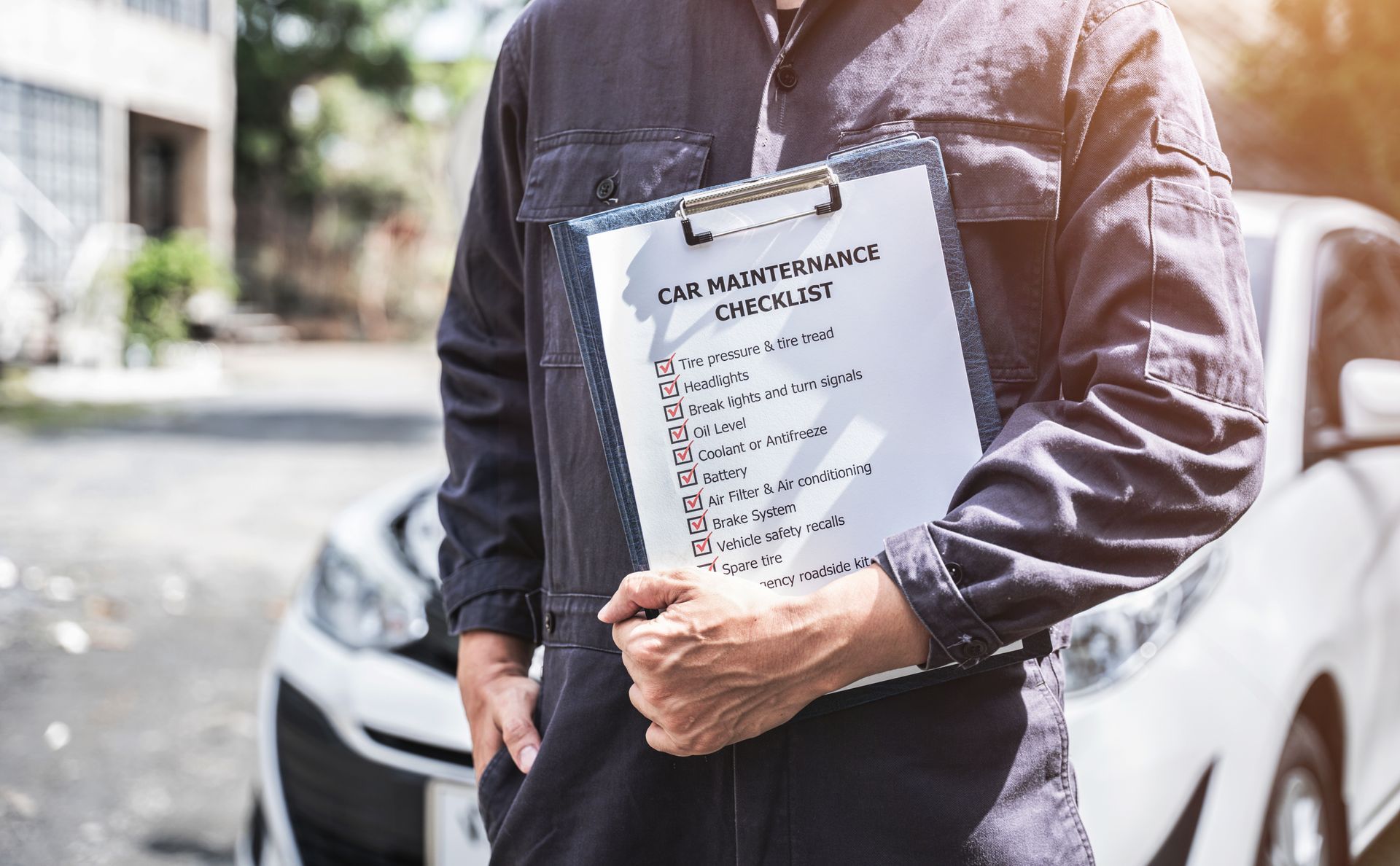Few things are more frustrating than pressing the gas pedal and feeling your car hesitate or struggle to accelerate. A loss of power can make driving stressful and even unsafe, especially when merging onto highways or passing slower traffic. This problem can stem from a wide range of issues, some minor and easy to fix, others requiring more in-depth repairs. Knowing the possible causes can help you act quickly before the problem worsens.
Fuel Delivery Problems
Your engine needs a precise mix of air and fuel to run efficiently. If fuel isn’t reaching the engine in the right amount, performance will suffer. Clogged fuel injectors, a dirty fuel filter, or a failing fuel pump can all reduce fuel flow. When injectors get clogged, they spray less fuel into the cylinders, which can cause sluggish acceleration. A failing fuel pump can also struggle to maintain the pressure needed for proper combustion, leading to stalling or jerking while driving.
Air Intake Restrictions
Air is just as important as fuel in the combustion process. A clogged air filter can limit airflow into the engine, causing it to work harder and reducing power output. In severe cases, restricted airflow can make the engine run rich, burning more fuel than necessary and increasing emissions. Over time, debris like dust, pollen, and road dirt builds up in the filter, making it important to replace it at the recommended intervals.
Ignition System Issues
Your spark plugs, ignition coils, and related wiring all work together to ignite the air-fuel mixture inside the cylinders. Worn spark plugs or failing ignition coils can cause misfires, which reduce engine performance and efficiency. Misfires may also trigger your check engine light, especially if they happen frequently. Ignition problems can start subtly, with occasional hesitation, but they often get worse quickly.
Exhaust System Blockages
If the exhaust system is blocked or restricted, gases can’t leave the engine efficiently. This increases backpressure, which makes it harder for the engine to “breathe.” A clogged catalytic converter is one of the most common causes of this issue. Not only does it reduce performance, but it can also cause the engine to overheat, triggering warning lights. If you notice your car losing power alongside a rotten egg smell from the exhaust, the catalytic converter may be the culprit.
Transmission Troubles
Sometimes, a loss of power isn’t caused by the engine at all. If your transmission is slipping or not shifting properly, it can feel like the engine is weak. In an automatic transmission, worn clutches, low transmission fluid, or faulty solenoids can prevent power from transferring smoothly to the wheels. In a manual transmission, a worn clutch can cause similar problems, especially when accelerating under load.
Sensor Malfunctions
Modern vehicles rely on various sensors to adjust fuel delivery, ignition timing, and other key functions. If one of these sensors fails, such as the mass airflow sensor (MAF) or throttle position sensor (TPS), your car may enter “limp mode” to protect the engine. Limp mode significantly reduces power to prevent further damage, and while it’s a protective feature, it can make driving difficult until repairs are made.
Fuel Quality and Contamination
Bad fuel can cause immediate performance issues. If water or debris enters the fuel system, it can disrupt combustion and lead to rough idling, hesitation, or stalling. While this is less common, it can happen if you fill up at a station with contaminated storage tanks. Using high-quality fuel from reputable stations can help prevent these problems.
How to Diagnose the Problem
If your car feels underpowered, we can run a diagnostic scan to check for trouble codes stored in the engine control module. These codes can point to failing components or systems in need of attention. From there, tests like fuel pressure checks, compression tests, and visual inspections can narrow down the cause.
Preventing Future Power Loss
Regular maintenance is the best defense against performance problems. This includes replacing air and fuel filters on schedule, keeping spark plugs in good condition, and addressing warning lights promptly. Avoiding aggressive driving can also help preserve both engine and transmission health.
Restore Your Car’s Performance with Professional Service
At Tom’s Auto Maintenance in Milwaukee, WI, we specialize in diagnosing and repairing performance issues so you can get back to confident driving. Whether it’s a fuel system cleaning, ignition repair, or transmission service, our team will pinpoint the cause and restore your vehicle’s power.
Schedule an appointment today and enjoy smooth, responsive acceleration on every drive.



